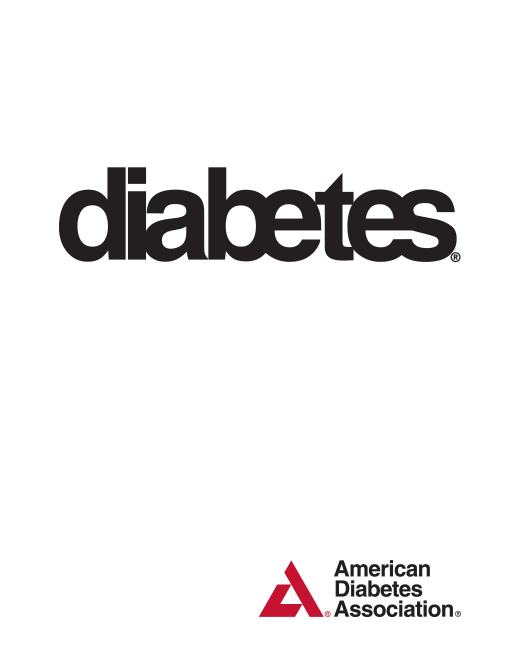A single administration of complete Freund's adjuvant (CFA), type 1 carrageenan (Car), or silica 7, 2, and 2 days, respectively, before infection with a low dose (1 × 102 plaque-forming units/mouse) of encephalomyocarditis D (EMC-D) virus resulted in a significant increase in the incidence of diabetes in SJL/J mice (100%) compared with untreated EMC-D virus–infected mice (40%). Peritoneal macrophages were isolated from uninfected SJL/J mice, which had been treated once with silica, and transferred into SJL/J mice 2 days before low-dose EMC-D infection. Approximately 90% of the mice became diabetic, whereas 30% of mice that received virus alone became diabetic. The depletion of macrophages by treatment with the combined anti-Mac-1 and anti-Mac-2 monoclonal antibodies after a single administration of CFA, Car, or silica resulted in almost complete prevention of β-cell destruction in EMC-D virus–infected mice. Furthermore, none of the mice in which macrophages were depleted by long-term treatment with silica and 10% of the mice treated with Car before virus infection became diabetic. On the basis of these observations, we conclude that macrophages are directly involved in the destruction of β-cells, leading to the development of clinical diabetes in EMC-D virus–infected mice.
Skip Nav Destination
Article navigation
Original Articles|
December 01 1991
Direct Involvement of Macrophages in Destruction of β-Cells Leading to Development of Diabetes in Virus-Infected Mice
Hong-Sun Baek;
Hong-Sun Baek
Laboratory of Viral and Immunopathogenesis of Diabetes, Julia McFarlane Diabetes Research Centre; and the Division of Virology, Department of Microbiology and Infectious Diseases Faculty of Medicine, The University of Calgary
Calgary, Alberta, Canada
Search for other works by this author on:
Ji-Won Yoon
Ji-Won Yoon
Laboratory of Viral and Immunopathogenesis of Diabetes, Julia McFarlane Diabetes Research Centre; and the Division of Virology, Department of Microbiology and Infectious Diseases Faculty of Medicine, The University of Calgary
Calgary, Alberta, Canada
Search for other works by this author on:
Address correspondence and reprint requests to Dr. Ji-Won Yoon, Julia McFarlane Diabetes Research Centre, Faculty of Medicine, The University of Calgary, 3330 Hospital Drive N.W., Calgary, Alberta, Canada T2N 4N1.
Diabetes 1991;40(12):1586–1597
Article history
Received:
March 12 1991
Revision Received:
July 30 1991
Accepted:
July 30 1991
PubMed:
1661690
Citation
Hong-Sun Baek, Ji-Won Yoon; Direct Involvement of Macrophages in Destruction of β-Cells Leading to Development of Diabetes in Virus-Infected Mice. Diabetes 1 December 1991; 40 (12): 1586–1597. https://doi.org/10.2337/diab.40.12.1586
Download citation file:
46
Views



